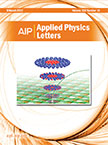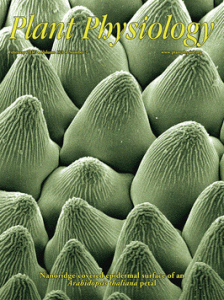
Jana Rieger is a researcher in Edmonton, Alberta. And now, she’s also a novelist. Her new book, “A Course in Deception,” draws on her experiences in science, and weaves a tale of how greed and pressures to publish can lead to even worse outcomes than the sort we write about at Retraction Watch. We interviewed Rieger about the novel.
Retraction Watch (RW): You tell the book from the point of a view of a fictional first-person narrator, a sleep researcher in Edmonton, Alberta, Canada. You, too, are a researcher in Edmonton. Is there any Jana Rieger in Mackenzie Smith? Continue reading “A Course In Deception:” Scientist’s novel takes on research misconduct

 Two journals have retracted two papers by the same group within months of each other, after editors were independently tipped off that they contained duplicated figures representing different experiments.
Two journals have retracted two papers by the same group within months of each other, after editors were independently tipped off that they contained duplicated figures representing different experiments. In an unusual turn of events, a nutrition paper has come back to life a year after being pulled from its original publication.
In an unusual turn of events, a nutrition paper has come back to life a year after being pulled from its original publication.


 Researchers in China have retracted a paper and corrected three others in a plant journal, citing problems with multiple figures.
Researchers in China have retracted a paper and corrected three others in a plant journal, citing problems with multiple figures. When two surgeons in Greece learned that a patient had developed a rare side effect following weight loss surgery, they were eager to publish the case.
When two surgeons in Greece learned that a patient had developed a rare side effect following weight loss surgery, they were eager to publish the case.